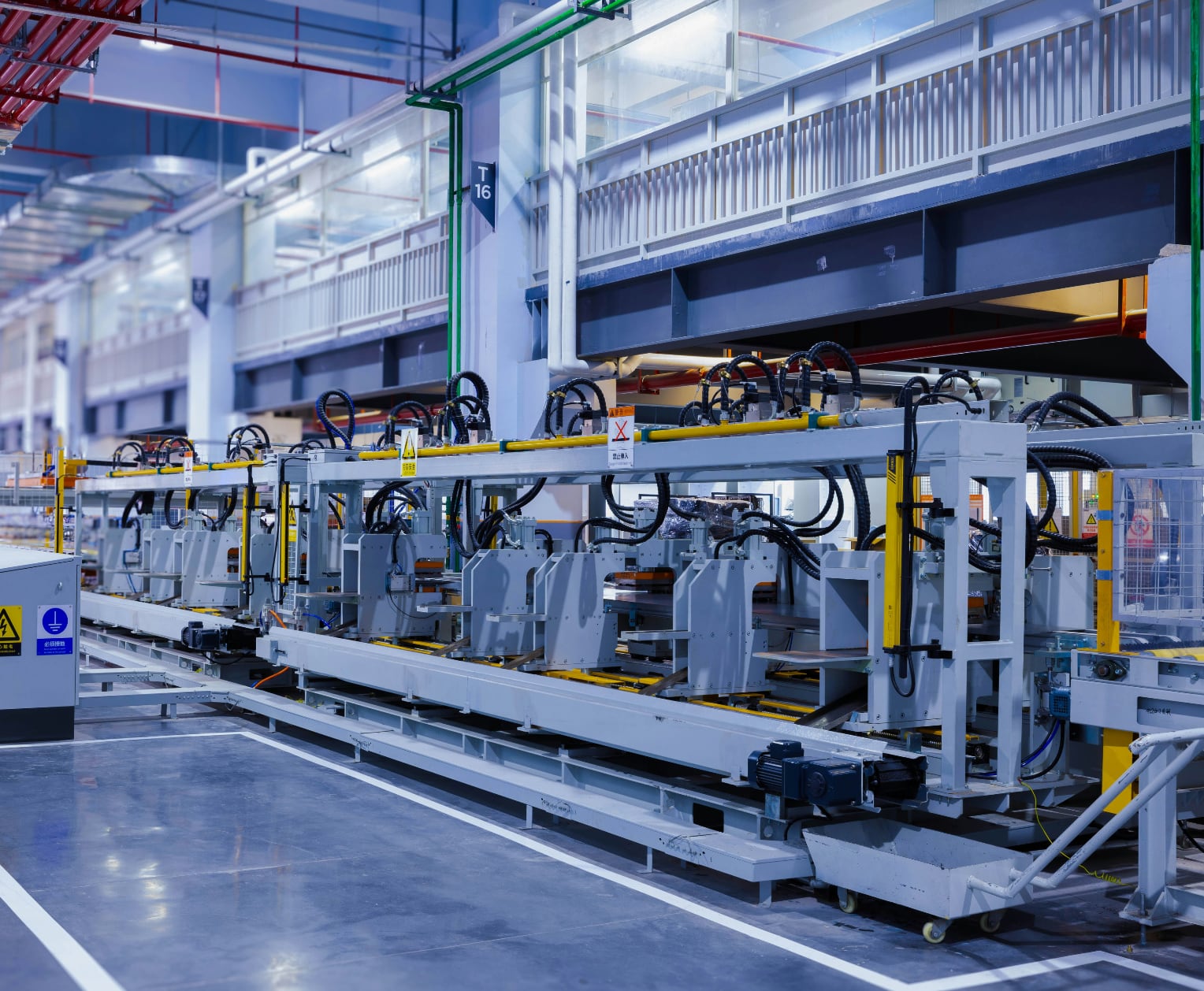
Industrial

The digitization of the industrial economy
Manufacturing, which represents approximately 11% of the country’s total output, not only employs over 8% of the workforce but also, if considered in isolation, would rank as the world's 8th largest economy—surpassing the economies of Italy, Canada, South Korea, and Russia. The ripple effect of manufacturing investment is profound, with dollars spent in this sector significantly amplifying economic activity across the United States.The sector is undergoing rapid change: the pandemic exposed the fragility of supply chains. Mentions of re-shoring by executives have increased nearly 1,000% in recent years. U.S. manufacturing facilities are being built at a higher rate than all other property types and rising labor costs abroad are making domestic labor more attractive but also harder to come by.
Manufacturers face some of the largest regulatory burdens of all sectors and, at the same time, legislation like the Bipartisan Infrastructure Law, CHIPS and Science Act, and Inflation Reduction Act all have provisions to benefit domestic manufacturing. Industrial processes are still run on legacy systems and data is siloed, leaving companies unable to take advantage of the latest technological innovations. All of these forces make it an exciting time to be building in this space. Whether it be enhancing labor force productivity, reducing regulatory costs, or modernizing tech stacks and eliminating data silos, we firmly believe that startups digitizing the industrial economy to address these challenges (and more!) have the potential to have an outsized impact on the world.








.avif)


.avif)






